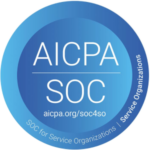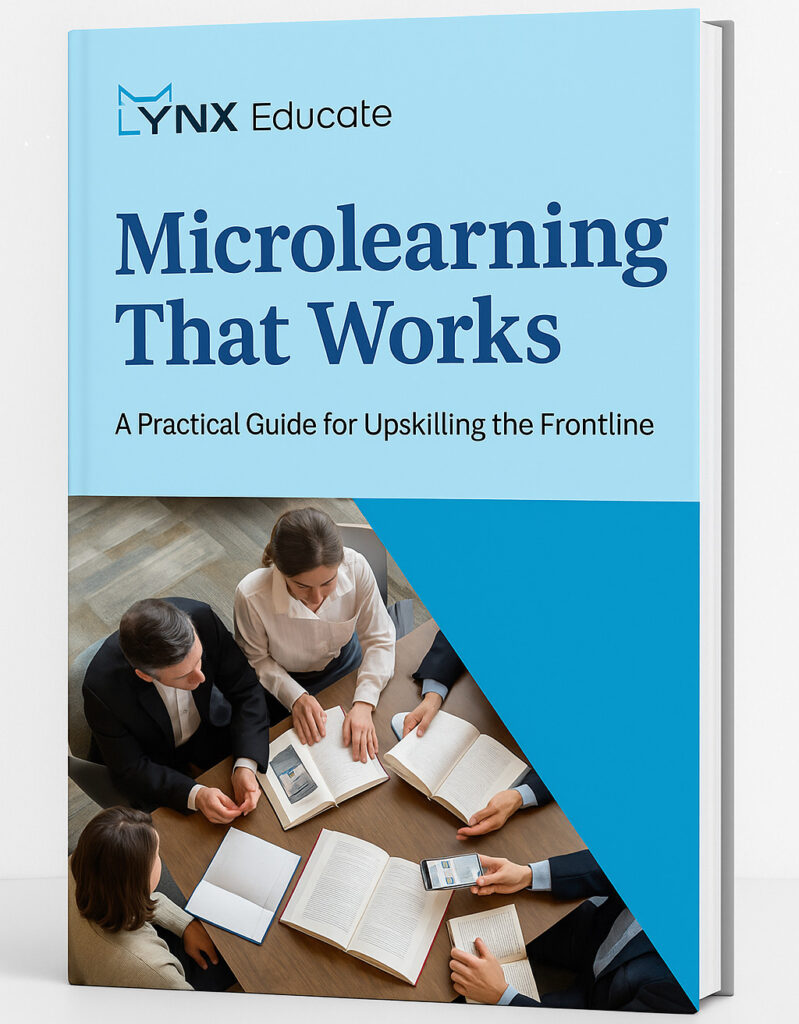Rémy Granville manages partnerships at OpenClassrooms, moving the needle to help people get job-ready. He shares his perspective on the most under-valued skill in today’s job market.
Can you briefly introduce yourself?
My family is from Bordeaux, and I was born in Paris, where I have been living most of my life, with long periods in Sydney, Australia and New York, USA. I am passionate about sports, travelling to discover different cultures, and street photography!
Professionally, I started in the information sector and have now been in the education space for about six years. As I’m in charge of partnerships at OpenClassrooms with a focus on new markets, I had set up a partnership with Guild Education in the United States to support education-as-a-benefit for employees of large U.S. employers. So it was quite natural for me to join forces with Lynx to extend this concept in Europe.

What has been your favorite part of working with Lynx?
First, the alignment on values. Sylvie, Lamia, and the Lynx team genuinely care about the positive impact education can have on people’s lives. Then, the complementary: OpenClassrooms can deliver great, accessible trainings, and Lynx can orchestrate all the rest.
Lynx particularly excels at customizing solutions to customers’ specific needs and aligning the right profiles with the right education programs. We saw a clear improvement in customer satisfaction and student uptake after collaborating with Lynx.
Lynx’s vision is contributing to a world where everyone can realize their career ambitions — through access to quality education benefits. From your perspective, how does OpenClassrooms’ learning platform play into that?
We couldn’t be more aligned to this vision. OpenClassrooms’ own mission is to make education-to-employability accessible to all. Our content, pedagogy, and platform are designed to serve this mission. All our programs have been selected and created to teach the competencies required for the most in-demand job roles. The common objective is to allow our students to find their way into the workforce.
Through your career, you’ve built an impressive understanding of FinTech and EdTech. In your opinion, what do you predict will be the biggest disruptors in the EdTech space over the next 5-10 years?
There is a massive shortage of entry level skills in health, energy, or logistics, for instance. And those roles won’t be disrupted much by AI, so there is a need to educate people at scale in these sectors. Today, we still see some resistance to distance learning for these subjects, but I believe more than 90% of manual skills can be taught remotely, without any expensive equipment. It shouldn’t take long before those barriers break.
What would you say is the most under-valued skill on the job market today?
The ability to connect with others with empathy. This is a prerequisite to everything else.
If you could wake up tomorrow having gained one new skill, what would it be — and why?
Play tennis like Roger Federer, golf like Rory McIlroy, and draw like Leonard de Vinci! But more seriously, if I had to pick just one, I would take my answer to the previous question. Soft skills are game-changing enablers to any hard skills.




